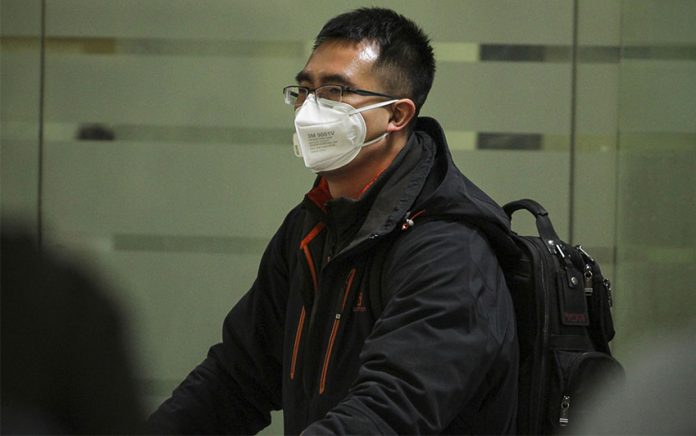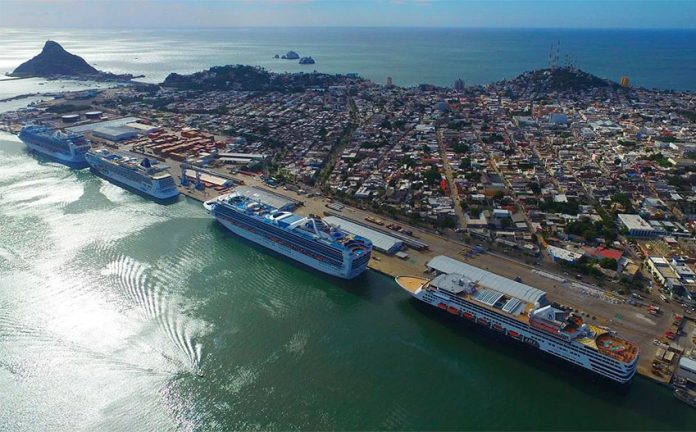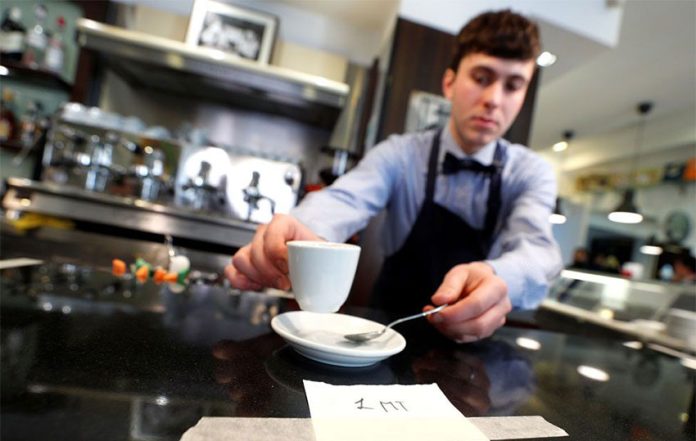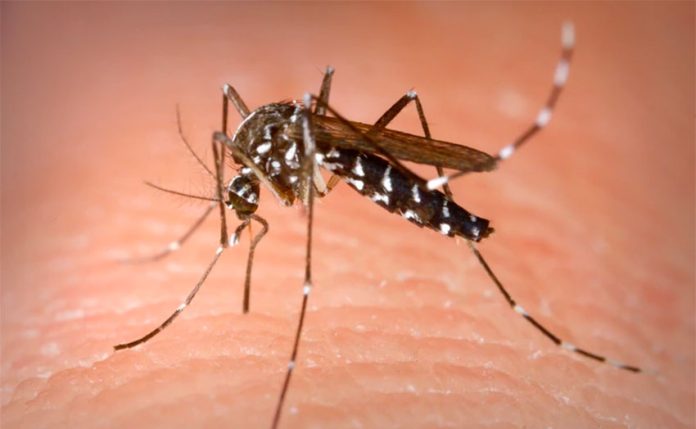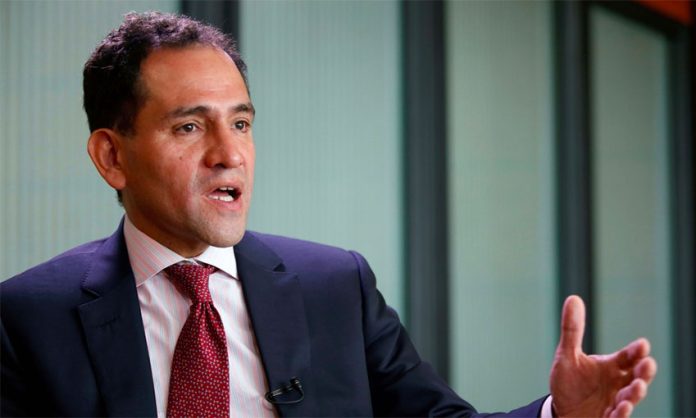There are now 12 confirmed cases of coronavirus Covid-19 in Mexico after health authorities announced five new cases on Wednesday night.
Two of the new cases were detected in Mexico City, and one each in Querétaro, México state and Nuevo León.
Health Ministry Director of Epidemiology José Luis Alomía told a press conference that the two people who tested positive in Mexico City are a 41-year-old man and a 30-year-old woman, both of whom recently traveled to Spain, where there are almost 3,000 confirmed cases of Covid-19 and 84 deaths. Both have mild symptoms and are in isolation at home, he said.
In Querétaro, a 43-year-old man who recently arrived in Mexico from Spain also tested positive, Alomía said. He also has mild symptoms of the infectious disease. The Querétaro Health Ministry said in a statement that the man is a resident of Spain but traveled to Mexico to visit family. He is quarantined at home.
A 64-year-old woman also tested positive for Covid-19 in México state and has mild symptoms. She recently returned to Mexico from the United States, where almost 1,300 people had tested positive for coronavirus as of Thursday morning.
England-based professor of medicine Paul Hunter predicted earlier this week that new cases of the disease linked to the United States would soon show up in Latin American countries.
The fifth new coronavirus patient is a 57-year-old Nuevo León man who returned to Mexico from Europe on March 3. He developed symptoms of Covid-19, including a cough, fever and headache, the day after his arrival but wasn’t tested until this week. He is also in home quarantine.
With regard to a German man who tested positive to Covid-19 in Puebla on Tuesday, Alomía said that authorities were no longer including the case in the total number of confirmed cases in Mexico because he remains asymptomatic.
The health official also said that 264 people had tested negative for Covid-19 but added that there were 49 suspicious cases.
Globally, there were almost 120,000 coronavirus cases as of Wednesday in 113 countries and just under 4,300 deaths, according to the World Health Organization, which has now declared Covid-19 a pandemic.
Deputy Health Minister Hugo López-Gatell said that health authorities are working with the Ministry of Foreign Affairs to help protect Mexicans who live outside the country.
“We’re working to act in a coordinated way and protect our compatriots abroad,” he said.
Speaking at his morning news conference on Thursday, President López Obrador called for calm and said that the government will respond to the growing health crisis based on expert advice.
“With regard to coronavirus, we should be calm. … Our economy is strong, we have healthy public finances, sufficient reserves to face up to any crisis that might occur. We’re going to maintain an economic policy that protects the weakest,” he said.
“All the decisions we take will have the instructions of experts – scientists and doctors – as a reference, [there will be] no politics here. It will be what the experts tell us,” López Obrador said.
Also at the presidential press conference, López-Gatell said that Mexico is considering the possibility of allowing the entry of planes from European countries that will not be permitted to land in the United States as of 12:00 a.m. Friday as a result of the 30-day travel ban announced by U.S. President Donald Trump on Wednesday night as a measure to contain the spread of Covid-19.
He said that the risk of allowing passengers from continental Europe to disembark in Mexico will be evaluated. The Health, Tourism and Foreign Affairs ministries will be responsible for determining whether Mexico will be offered as an alternative for North America-bound planes departing Europe, the deputy minister said.
Source: El Financiero (sp), Milenio (sp), Debate (sp), Expansión Política (sp)
